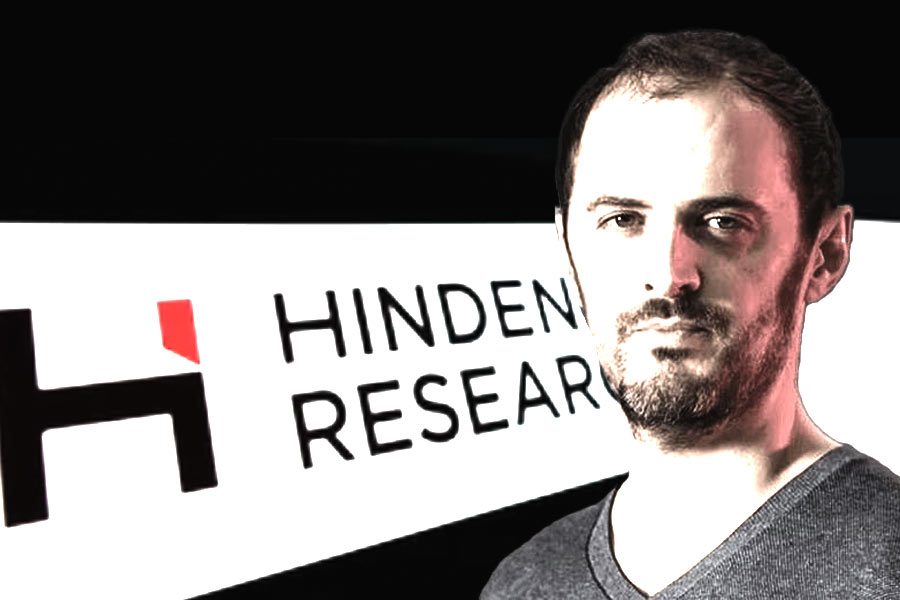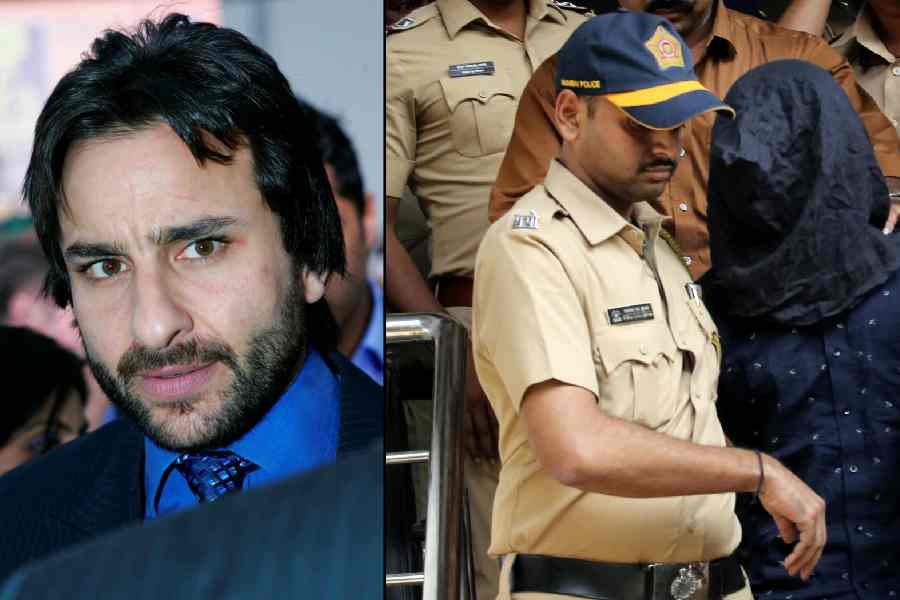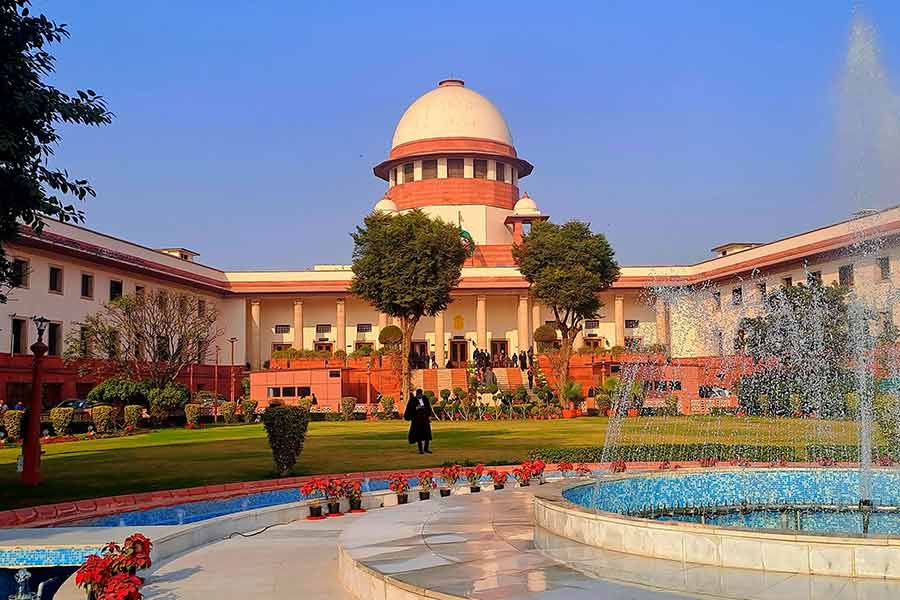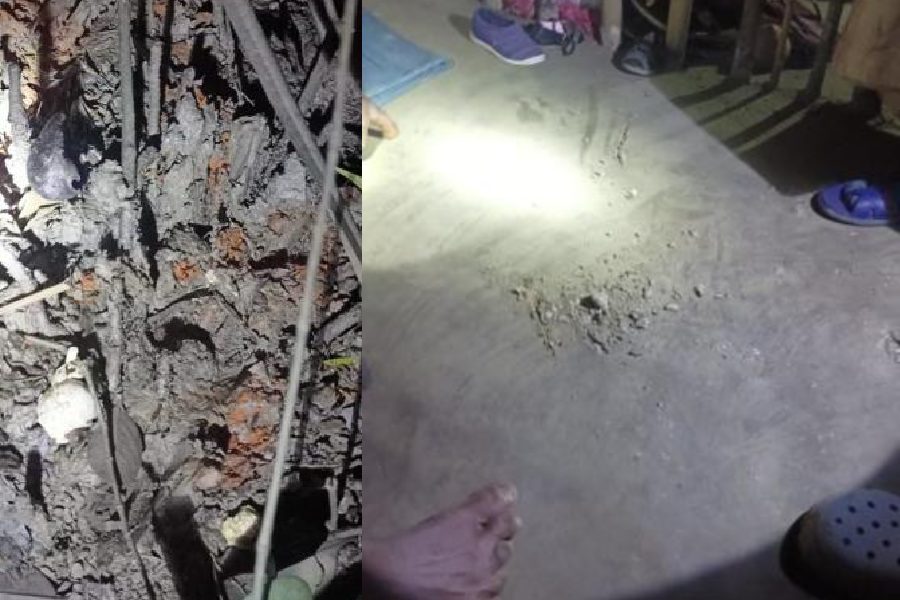The Supreme Court on Friday issued notice to the Centre on social activists Harsh Mander and Anjali Bhardwaj’s petition seeking payment of wages to thousands of migrant labourers and daily-wage earners from government treasuries instead of putting the onus on the private sector.
Solicitor-general Tushar Mehta, appearing for the Centre, strongly opposed the petitioners, saying: “…Till the country and the world comes out of this unprecedented tragedy, such professional PIL shops must be locked down as none of them have any concern for the poor and needy or the thousands of patients fighting this deadly disease.”
The court did not make any remarks on Mehta’s plea.
A bench of Justices L. Nageswara Rao and Deepak Gupta sought the response of the Union government on the joint petition filed by the two social activists through advocate Prashant Bhushan. The petitioners have pleaded that most private sector organisations were themselves on the verge of closure, so it would not be possible for them to compensate the labourers and daily-wage earners.
The petitioners pointed out that under the Disaster Management Act, 2005, which was invoked by the Centre to impose the 21-day lockdown on March 23, the Centre and the states were duty-bound to mitigate the hardships faced by different sections of the society in times of such disasters.
Mehta took exception to the petitions, and another similar plea filed by Swami Agnivesh through senior advocate Colin Gonzalves, saying a large number of PILs were being filed every day in the Supreme Court and different high courts although the Centre and the states were taking all steps to mitigate the people’s hardships.
“…The country is going through an unprecedented crisis of fighting an unknown deadly virus and all officers are working day and night through several control rooms…. None of the people (PIL petitioners) have even bothered to serve the poor and needy or the persons suffering from Covid-19 disease and, therefore, can never be treated as public spirited citizens,” Mehta said.
He pleaded that “genuine” NGOs and bona fide public-spirited citizens are tirelessly working at the grassroots level along with government officials and helping the needy and the poor and assisting patients and doctors in whichever way they can.
The solicitor-general asserted that “preparing PILs without any ground-level information or knowledge while sitting in air-conditioned offices is not ‘public service’ entitling any of them to argue public interest litigations particularly in the present global crisis”.
The government law officer stated that the Supreme Court “can never be a forum for gaining cheap publicity or achieving any ulterior objectives”.
He submitted that every citizen should join hands with the government’s efforts, which have been successful so far, and like those honest, genuine and bonafide NGOs, the petitioner should also serve the poor and needy rather than preparing PILs in the comforts of their offices.
However, when the court expressed its desire to see the response of the central government, the solicitor-general immediately agreed and said the government can have no objection.
Mehta, however, said many advocates-general from the states had told him that government officers who were working day and night to fight the virus were losing precious working hours in such trying times because they were having to sit in lawyers’ chambers and preparing replies to “frivolous” PILs.










